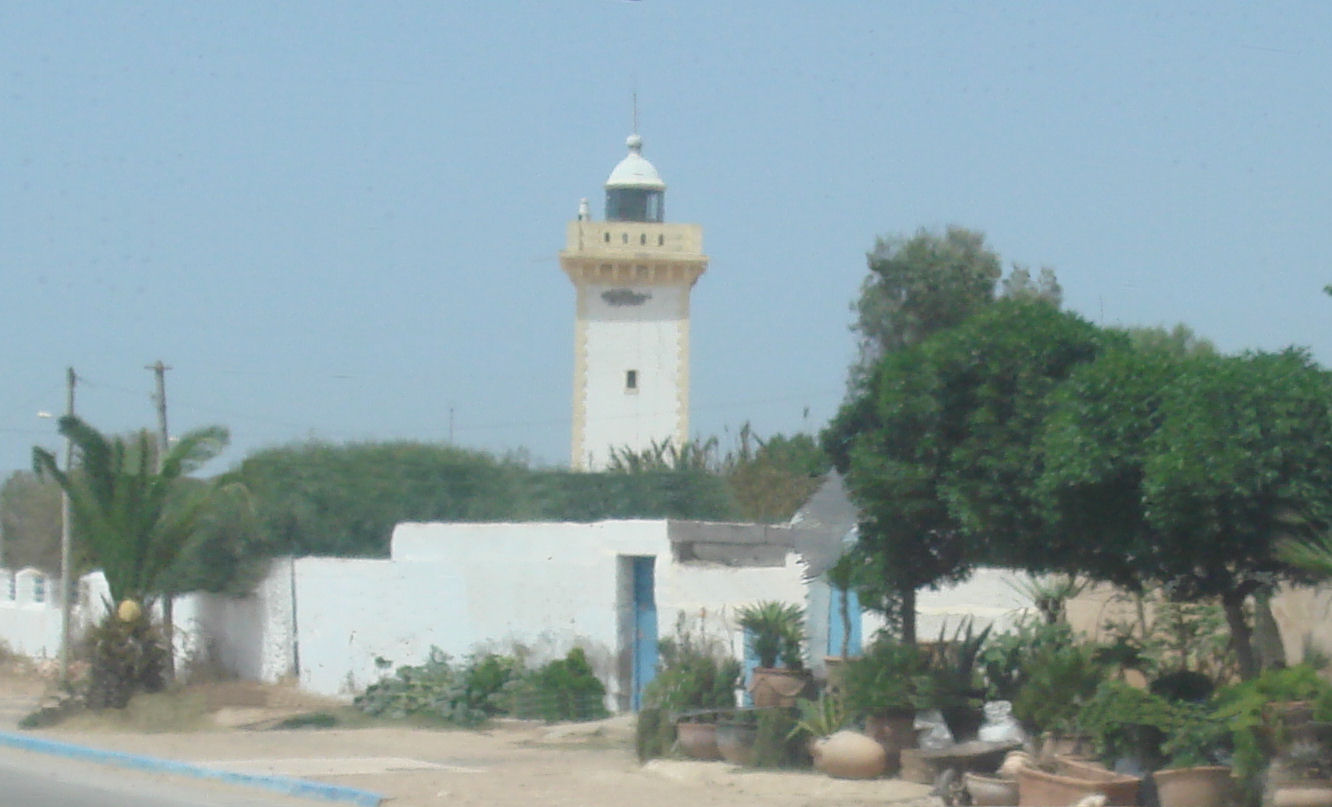|
Tayeb Saddiki
Tayeb Saddiki (; 5 January 1939 – 5 February 2016) was a Moroccan theatre director and one of the most iconic and prominent Arab artists, and is considered among the foremost Arab dramatists of the twentieth century. Trained in classical Western theater, Saddiki also embraced traditional Moroccan theatrical styles, fusing the two into a path-breaking combination of Western and traditional Moroccan theater. Known for staging spectacles played to large crowds in big arenas, Saddiki developed a style of festive theater that became a popular in the Arab world. He is a pioneer of Arab theater and an actor and a film director, but also an award-winning author writing in both Arabic and French. From a family of scholars, he was born in Essaouira and grew up in Casablanca. After training courses with André Voisin, at the age of 17 he went abroad to France to study theater at Comédie de l'Ouest - CDO, directed by Hubert Gignoux. Back in Morocco, together with the Union Marocaine du ... [...More Info...] [...Related Items...] OR: [Wikipedia] [Google] [Baidu] |
Essaouira
Essaouira ( ; ar, الصويرة, aṣ-Ṣawīra; shi, ⵜⴰⵚⵚⵓⵔⵜ, Taṣṣort, formerly ''Amegdul''), known until the 1960s as Mogador, is a port city in the western Moroccan region of Marakesh-Safi, on the Atlantic coast. It has 77,966 inhabitants as of 2014. The foundation of the city of Essaouira was the work of the Moroccan 'Alawid sultan Mohammed bin Abdallah, who made an original experiment by entrusting it to several renowned architects in 1760, in particular Théodore Cornut and Ahmed al-Inglizi, who designed the city using French captives from the failed French expedition to Larache in 1765, and with the mission of building a city adapted to the needs of foreign merchants. Once built, it continued to grow and experienced a golden age and exceptional development, becoming the country's most important commercial port but also its diplomatic capital between the end of the 18th century and the first half of the 19th century. Name and etymology The nam ... [...More Info...] [...Related Items...] OR: [Wikipedia] [Google] [Baidu] |
